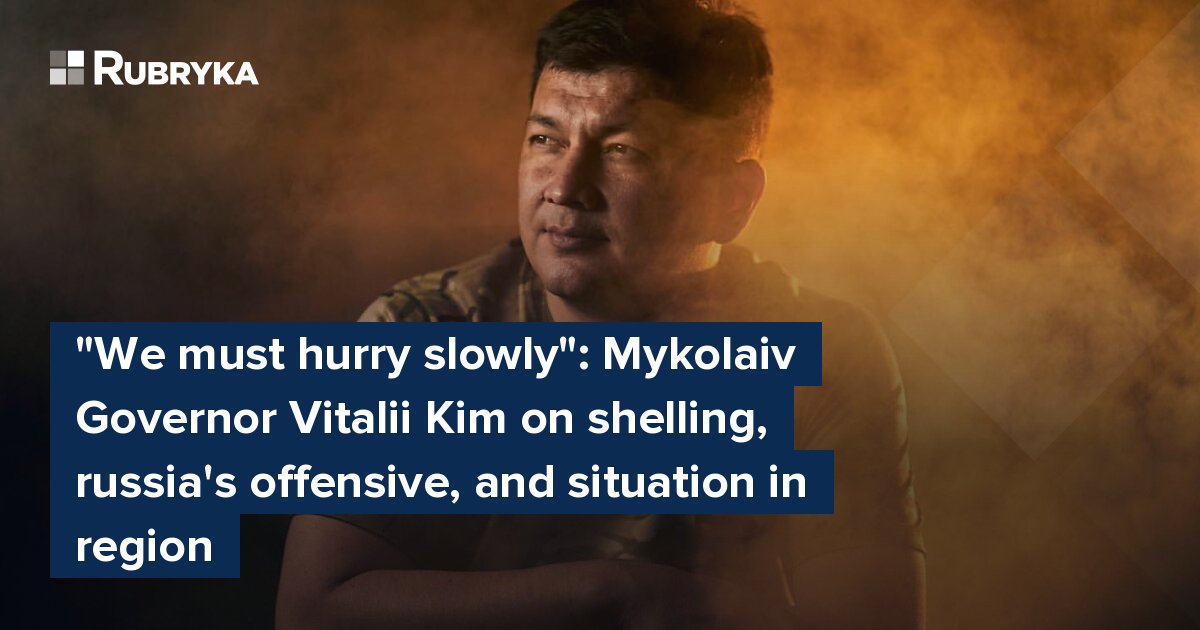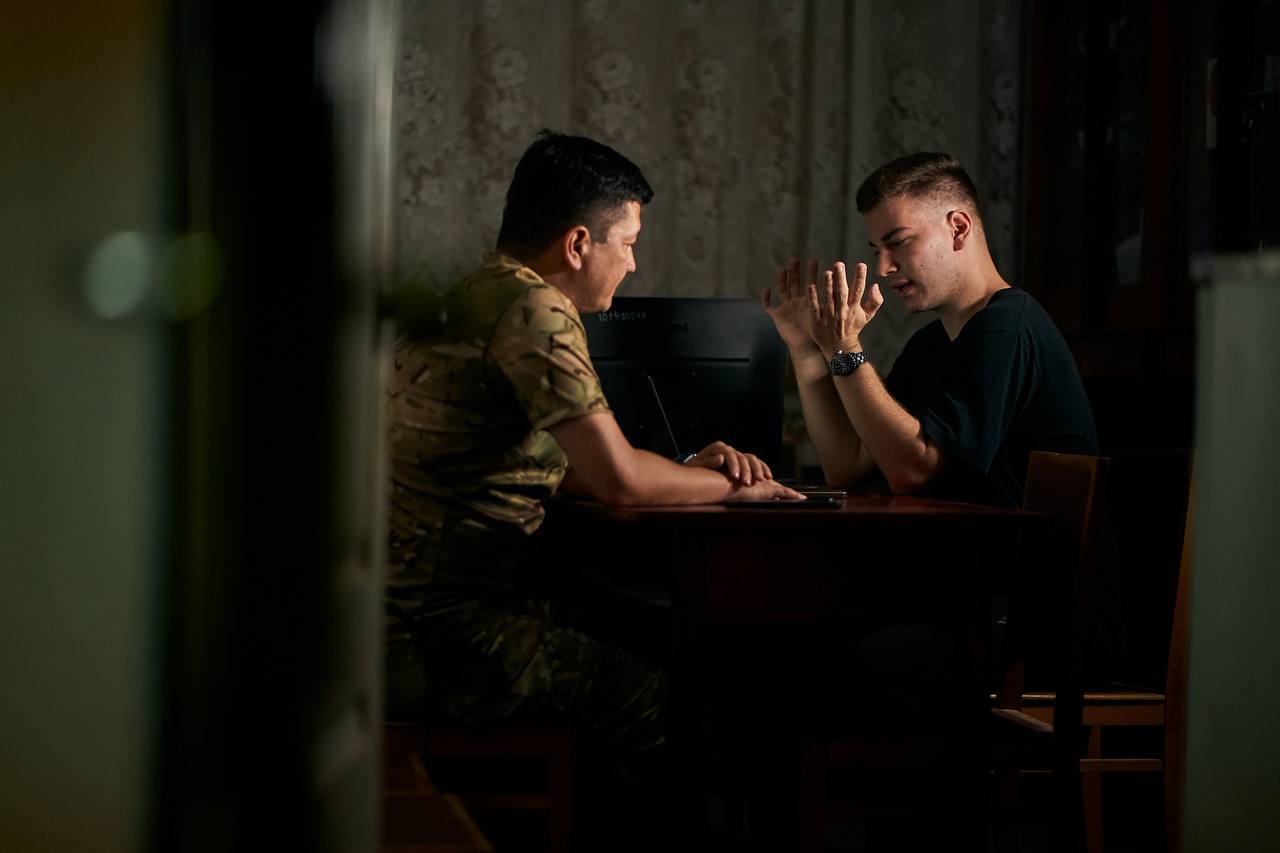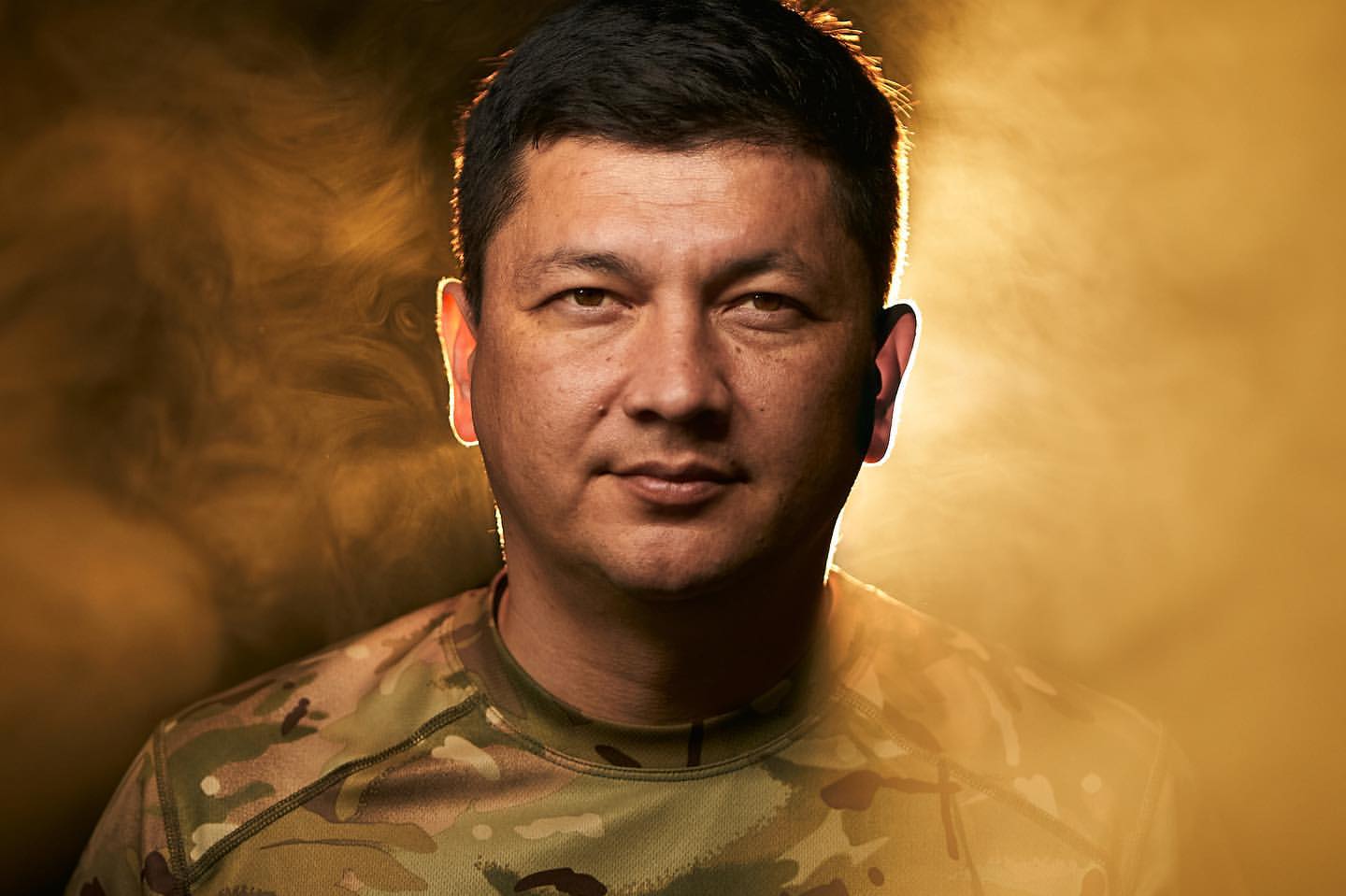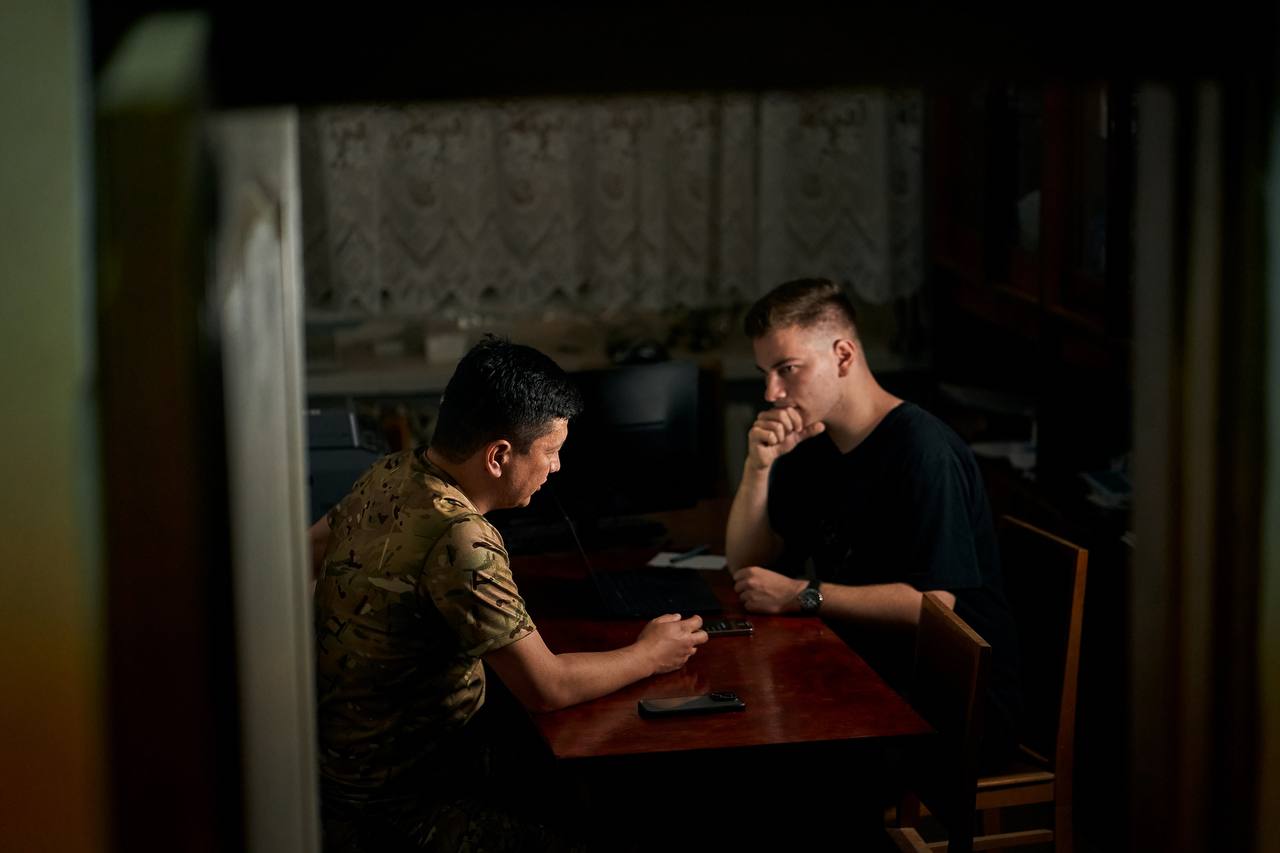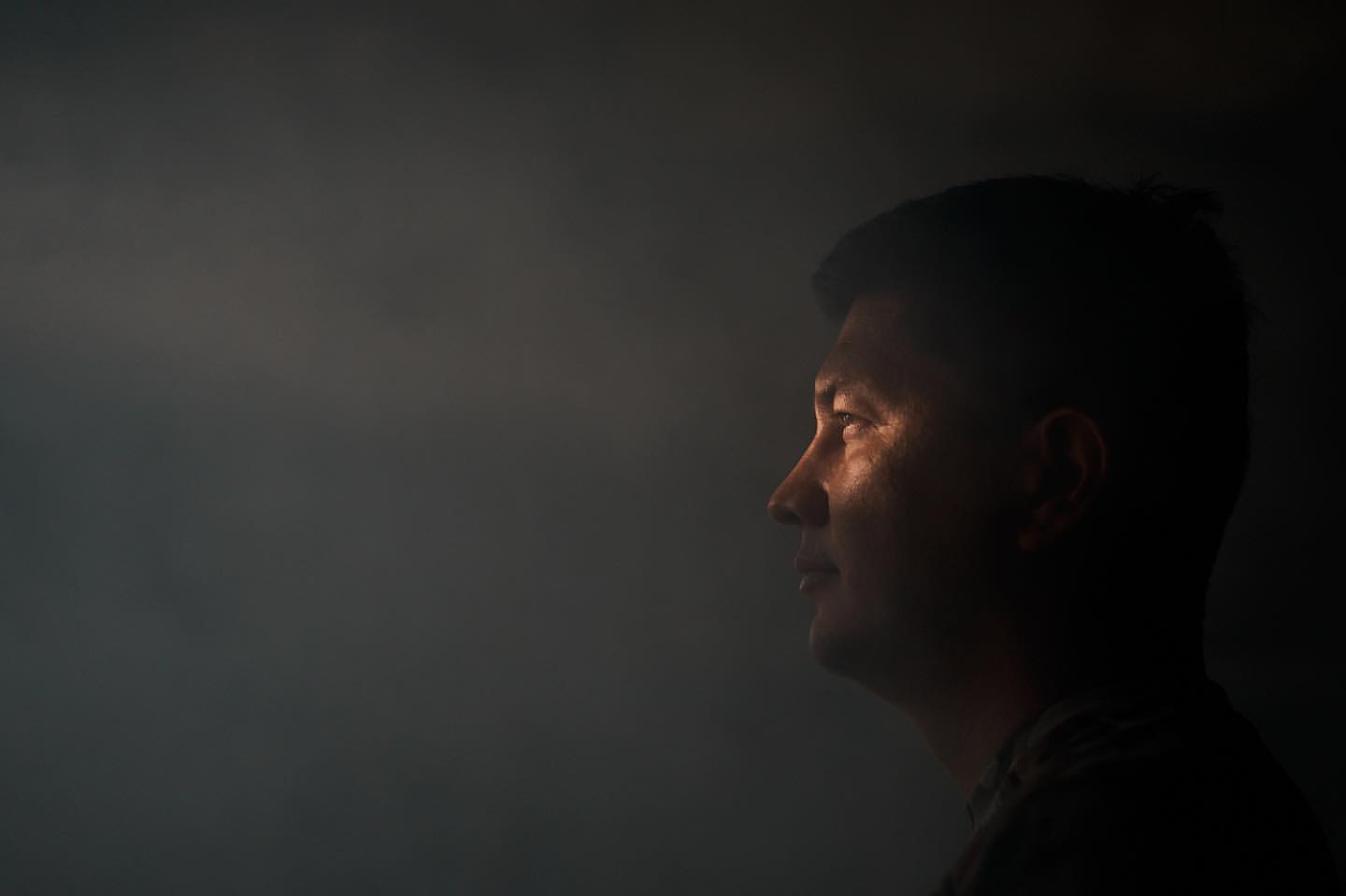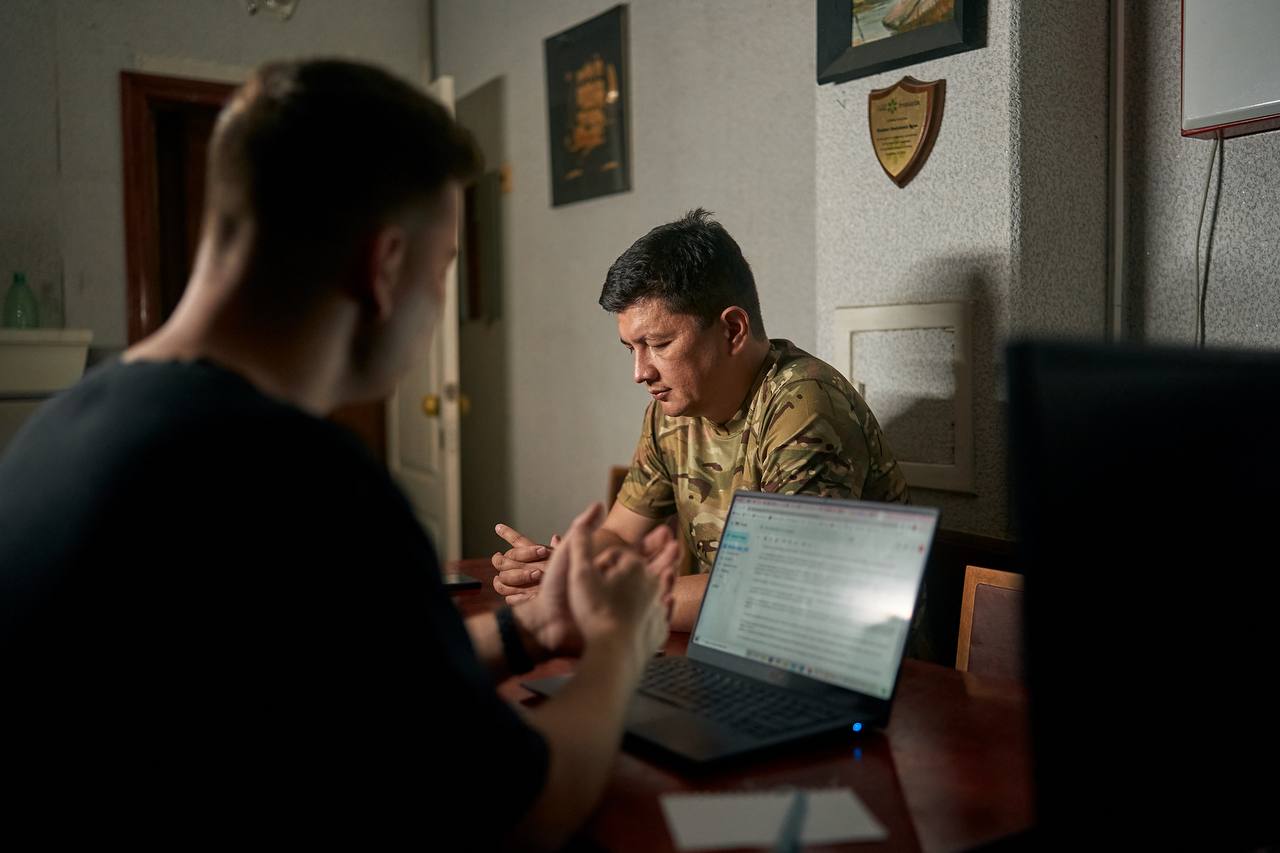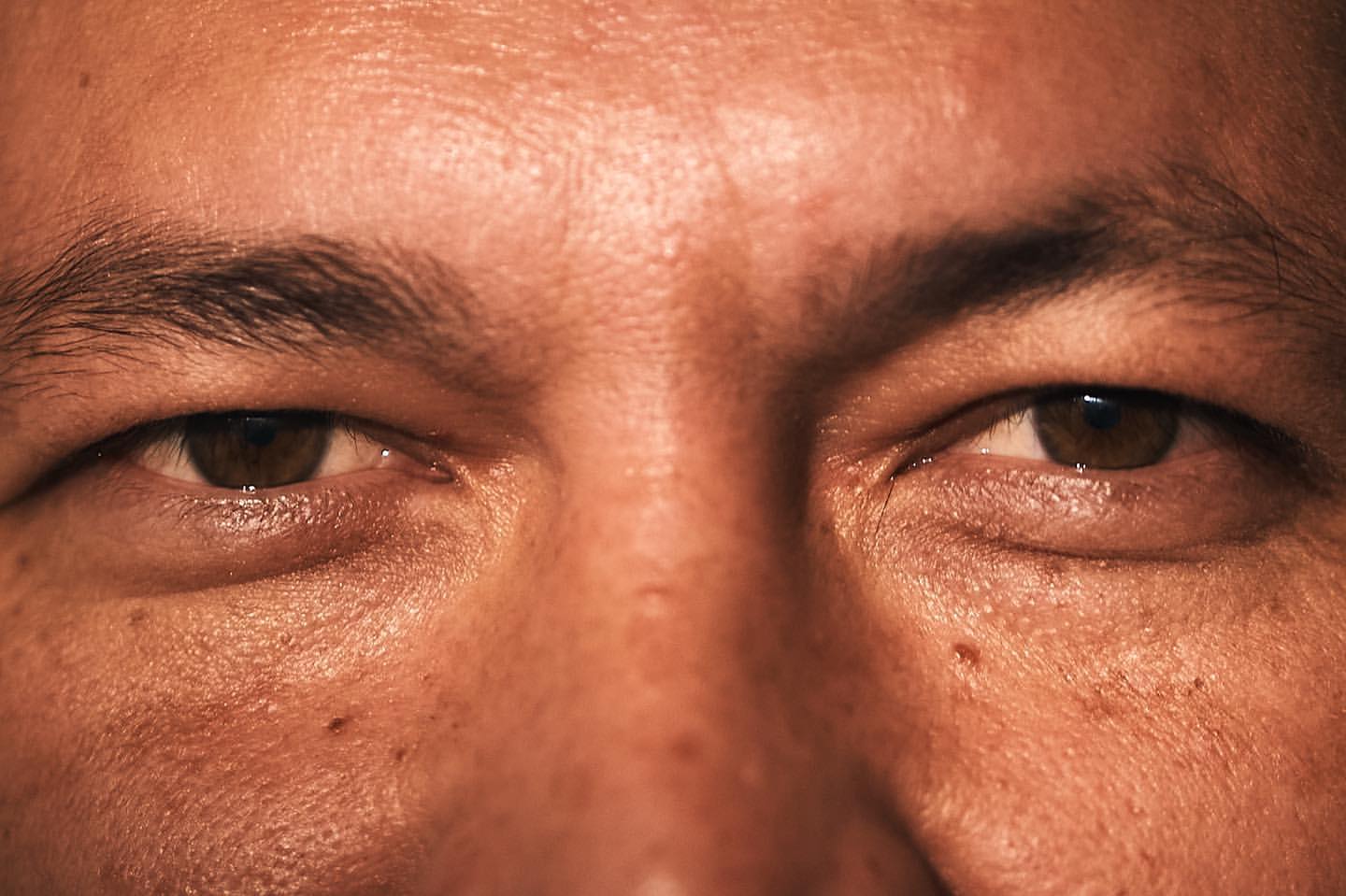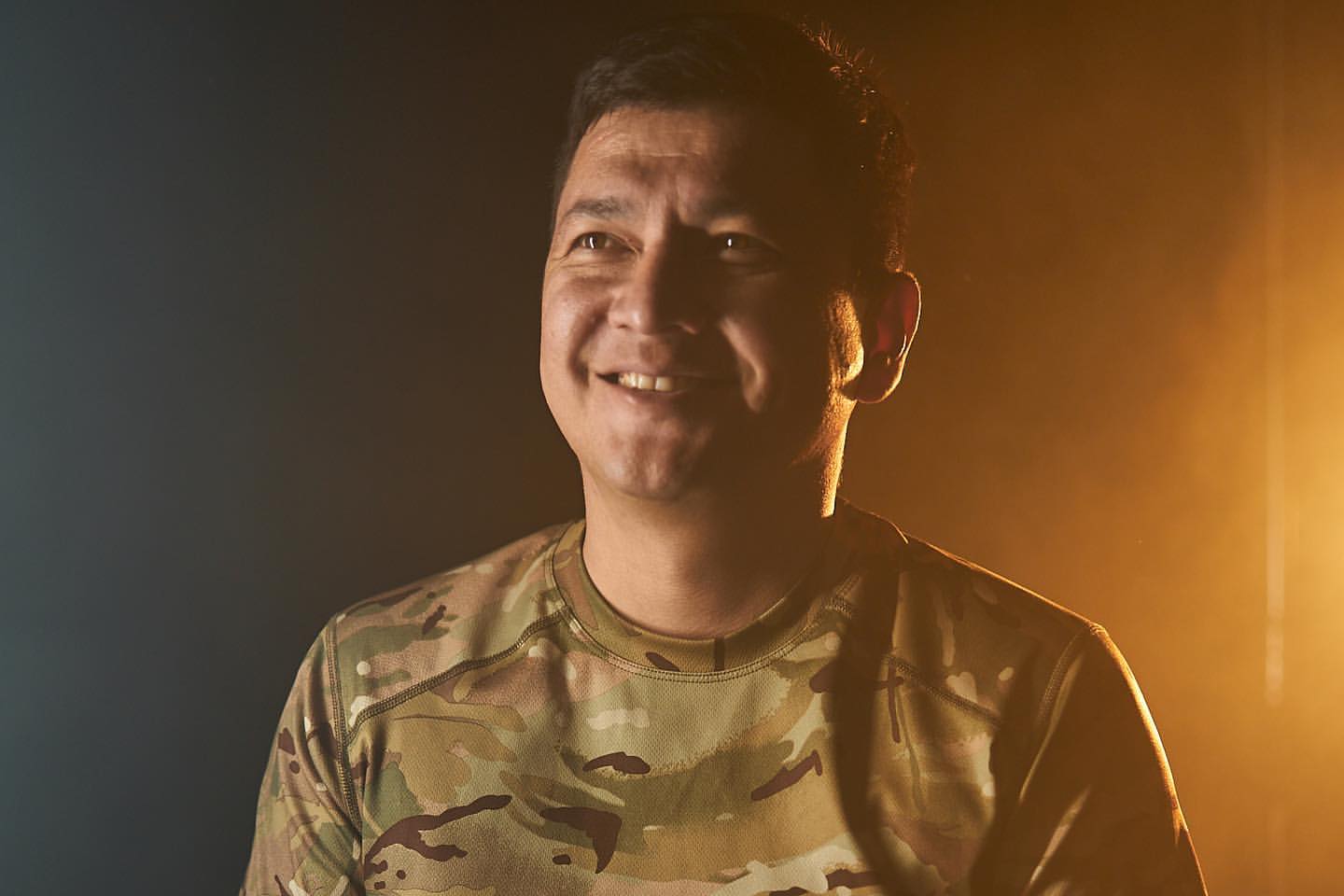
Mykolaiv is a city on the front line. Every day, the city and the region are shelled by the russian army, people die, and buildings are destroyed. News about a possible russian attack on the Mykolaiv region regularly appears in the info space. What is really happening in the city and region? Are the russians hitting targets in the Mykolaiv region at random, or are they receiving guidance? What is the situation with a water supply and heating? How are the partisans working in Kherson, and what to expect shortly in the south of Ukraine? Found the answers in Rubryka's interview with Vitalii Kim, the head of the Mykolaiv regional military administration.
About "russian offensive," shelling of Mykolaiv, and situation at frontline
— News is currently spreading in the media that russia is gathering many troops to march on Mykolaiv. What do you think about this news? Do you advise people to leave Mykolaiv? Are you preparing for street fighting?
— We're always ready for anything, but it takes time to advance to Mykolaiv. It's impossible to emerge in the center of Mykolaiv and start street fighting in one day. In the worst-case scenario, it will take two or three weeks to advance to Mykolaiv, assuming we retreat. But it will not happen. So, you shouldn't worry about Mykolaiv being captured. We'll warn you about everything if everyone has to be evacuated. But in reality, the situation looks different; our armed forces are now succeeding, and they are starting their work on distant targets too to bleed out the (russian, ed.) army. Let's put it this way. We must hurry slowly, considering that our weapons reach ballistic paths, warehouses, and command posts. The more thoroughly you prepare for the operation, the fewer losses you have. It is a fact that equipment is coming here and people are coming, but that doesn't mean that they are arriving on time. The situation is difficult but under control.
— Mykolaiv is under constant shelling. There are indeed many of them. Do you think it's fire adjustments? Or fire adjustments on random targets? Currently, shelling has intensified again, particularly in various city areas, even those as far away from Kherson as possible. Why do you think?
— They have different goals—planned, targeted, and random; it is a mixture of everything. They shoot from various places. Who gives the order and who shoots is one thing, but accuracy and their ability to hit "correctly" is another. Where they strike isn't logical, it is pure terrorism because they strike at different times, sometimes even during rush hour in the crowd of people. They want to "keep us on our toes" to scare us and worry us so that citizens are ready for some concessions from russia. Our citizens are tired; it is scary to sleep at night, and the terrible destruction in the city is intimidating.
— How do you feel when you receive information about fire adjusters? Are they people of Mykolaiv, intoxicated by propaganda, imported saboteurs, or something else? You recently announced the "closure" of the city and the "hunt" for fire adjusters. What awaits them?
— I don't have any feelings about them. People are different, mainly relatives of russians, people who love the Soviet Union, and who need some money. There are various situations: some are stupid, and some are intentional. As for the search for adjusters—"the city is closed"—I don't want to say anything about it. Follow the news; we have the results. The results are good—no one has stopped the special services; they are constantly working on saboteurs. We have a good indicator for Ukraine and found an additional source of information, which we now process and use in our work.
About water, electricity, and heating in the region
— Locals in the region say that there is no water supply and no electricity in many villages. When in Mykolaiv City, the utilities are working with this and restoring supply, in the villages, people "sit with nothing." They are being brought water and food, but the critical infrastructure is not being fixed. Why does this happen? How do you plan to solve these issues? Will Mykolaiv and the region be left without water, given the problems going on for over 100 days?
— In those villages where we can restore infrastructure, we constantly repair everything. In the villages without water and electricity—many on the line of hostilities—it is impossible to fix anything. There is no point in this because these territories are shelled every day. Some villages have been destroyed by 70-90%. They should not be restored but built anew.
Mykolaiv will not be left without water because the city is on two rivers. We are working on urgent repairs and on "long" projects to diversify the water supply to Mykolaiv, but at the moment, it is what it is. Currently, the water supply, heating, gas, and emergency services are working at their maximum capacity. We communicate with the mayor, and he is engaged in emergency repairs and restoration of the city.
Journalists ask—it's not a joke—"Can you clean up more slowly? We don't make it in time to record the damage." For instance, the city is often shelled at five in the morning. It happens that at seven, we have already cleared the entire road and removed all the garbage. We work quickly; where repairs are possible, we carry them out.
— Where does the water from the faucet come from?
— I wouldn't like to highlight this issue now. It's water from the Pivdennyi Buh River. It's saltier—seven times more than we had before—but there's no other technical option at the moment to fix it, and there's no quick way from a technology perspective. Therefore, it is the situation now. There is an action plan, but it is an extended plan, and we are following it.
— What about the heating season: is the region ready? What are the recommendations for residents? Do you count on a stable heating situation?
— I won't disclose it widely either. We have specific damages. We plan to enter the heating season without much trouble, but it is not only up to us. If it were civil time, we would say that everything is good for now. However, the works will be carried out in September and October, before the heating season. Shelling can arrive at any moment and damage part of the infrastructure, but at the moment, there are no problems.
As for advice, you have to think with your head. It is necessary to prepare for all options. Either leave or stock up on reserves because this situation is unpredictable. From our side, we are ready, and the state is prepared. Gas, electricity, and water will be there. The only question is the infrastructure that will deliver it all to homes.
About fields on fire and businessman Vadaturskyi
— Fields are burning in the Mykolaiv region. Does it make sense to try to save them now? Something needs to be demined, somewhere needs work on the ashes so that, roughly speaking, they become working again not in 10 years, but 5. Is something being done in this regard, and will it be done?
— When something happens, look for who benefits from it. All these farmers put out the fields together with the State Emergency Service without waiting for anyone. Therefore, it is difficult for me to answer this question since people put out their fields themselves together with firefighters, ask for demining, and we have collected 80% of the harvest. No one is going to throw the arable land away. Everyone understands the risks and makes decisions based on the risk. In terms of the crop, we were shocked that our farmers harvest it under bombardment and tell us, "we don't care; we are harvesting," but we will see what will be saved next. So far, the maximum of what could be collected has been collected.
— In your opinion, the murder of [entrepreneur Oleksii] Vadaturskyi was not accidental?
— I am not ready to comment on this issue yet. The investigation is ongoing, and it will be clearer later.
About the partisan movement and Kherson
— General Marchenko returned to the Mykolaiv region. Earlier, you explained that Marchenko would be engaged, in particular, in strengthening the work of our army with the partisans. What details of such work can you reveal? If you can.
— Certainly, none. Maybe this job doesn't exist. The guerrilla movement is the resistance of people in the occupied territories who disagree with the russian occupation and are ready to perform specific actions against the occupiers.
— You often comment on the situation in Kherson. There is currently an active partisan movement in the Kherson region—for example, someone from the collaborators or russians is constantly being blown up in Kherson. Are our parties notified of such actions in advance? To what extent does partisanship generally help the situation in the Kherson region?
— I can't comment on that either. All partisans working in Kherson are heroes. They take risks every day, and it is challenging for them. But they are heroes, and they work for our joint victory. They help the situation because they also raise the spirit besides their deeds.
— russians have been in Kherson for quite a long time. To what extent is this time working against us, and do you see it as a factor that makes it difficult for us to counter-attack?
— I'm not ready to comment on the attack. I have an opinion on this matter, but I wouldn't like to comment on it.
About media attention and what Mykolaiv region needs most
— Given the serious media attention to you, have you tried to use it to establish partnerships with other states that would help rebuild the region?
— Of course. Media recognition of the area helps to establish contacts. Because to do something, you must, first of all, know the things you are going to carry out exist.
— At the same time, Ukrainians noticed that you appeared less often on the telethon and generally took a step back from the media space. What is it connected with?
— Because there's a lot of work. Besides, the information system is working, coordinated with journalists, the military, and our press services, sharing all the necessary information so as not to harm the work of our armed forces.
— What does the Mykolaiv region need most now?
— The Mykolaiv region needs good soldiers, good weapons, and good ammunition the most. We hope for more military equipment, not less. The more, the better. The more, the faster. If possible, more equipment, because it will be easier for us to work here and fight off the invaders.
Photo: Kostiantyn Liberov and Vlada Liberova, for Rubryka


